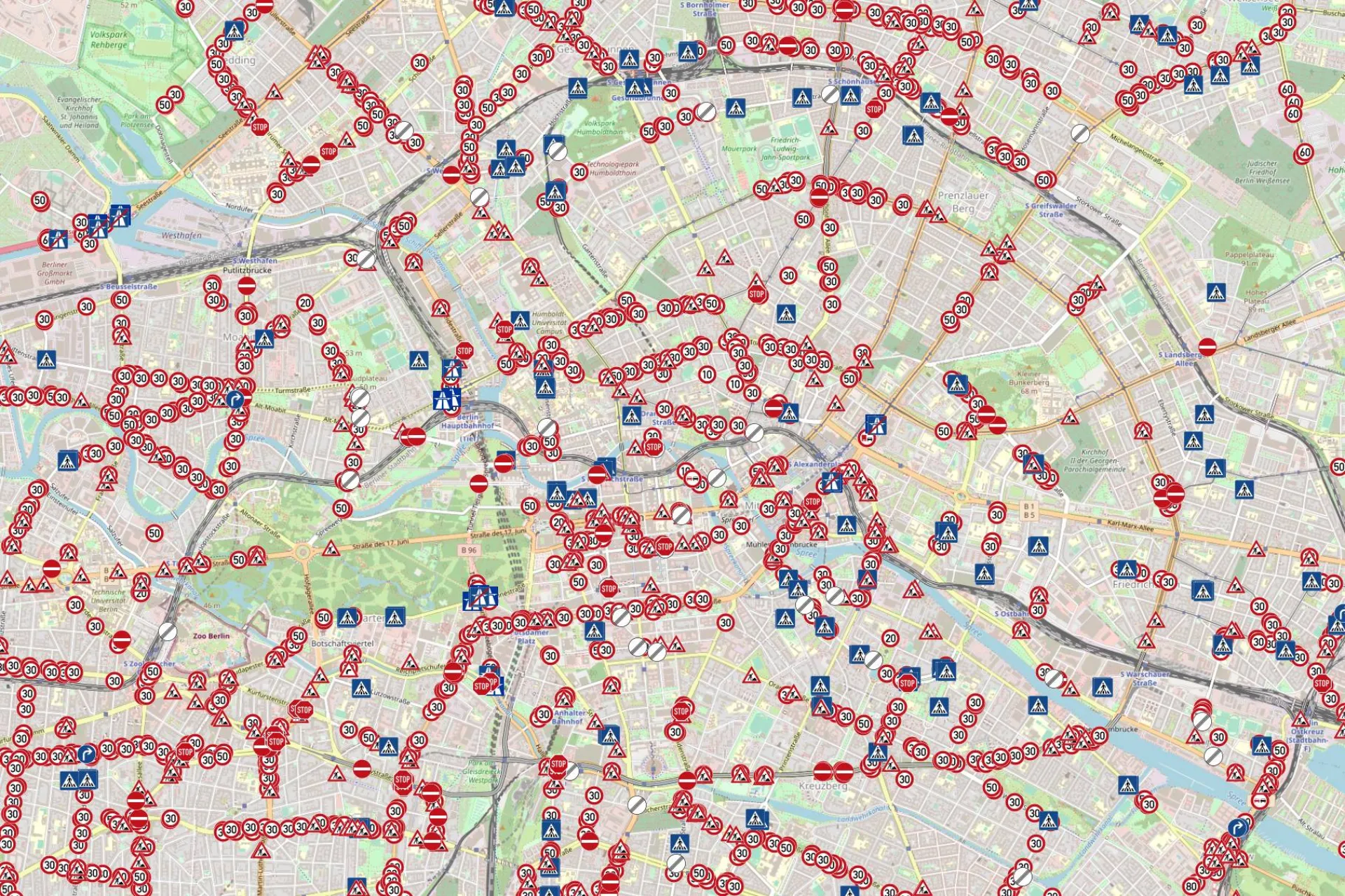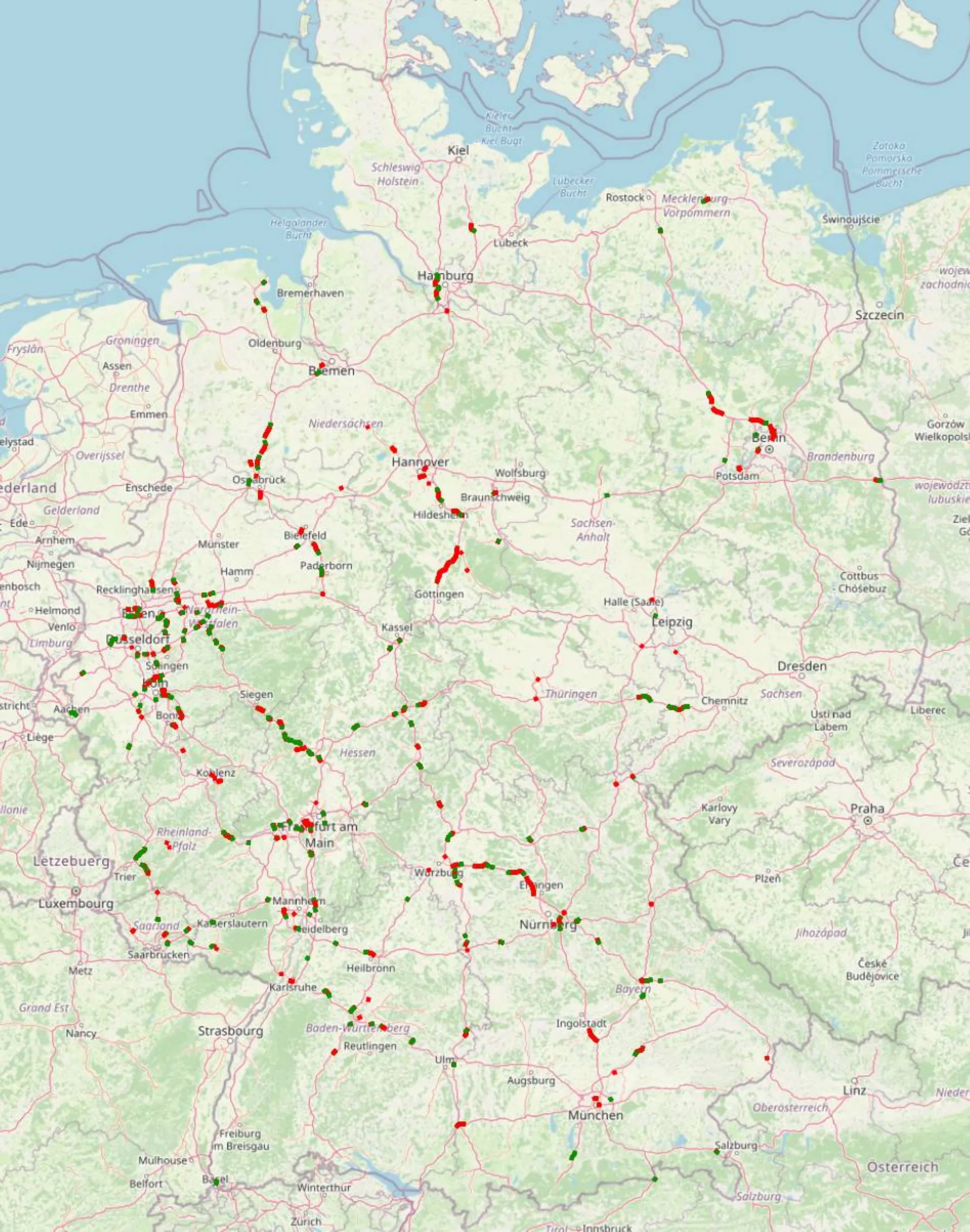msg publications
Catena-X has evolved into more than just an industry initiative—it represents the new benchmark for staying integrated within the automotive value chain. Gradually, the data transfer throughout the supply chain is being integrated into the Catena-X data ecosystem.
Data-based ecosystems
Catena-X is developing into the central data ecosystem of the automotive industry - with ambitious goals and growing international momentum. msg shows how to successfully connect to Catena-X.
SDV
Find out more about the challenges of developing software-defined vehicles, the balancing act between complexity and speed, and the growing importance of efficient processes and holistic tools
SDV
Discover how SDV creates new opportunities from consumer IT by utilising data and applying digital solutions for innovative functions and services in the automotive sector.
SDV
Learn how SDV has transformed vehicle software architecture and opened up new opportunities for automotive software developers.
SDV
Discover SDV.CLOUD - how cloud technology is changing the automotive industry, from development to innovative functions for digital mobility
Artificial intelligence
A comparison of classic algorithms and artificial intelligence for error detection in V2X data shows: The improved results of AI come at a high price.
Data-based ecosystems
Advanced data ecosystems must enable comprehensive digital processes while upholding the data sovereignty of partners. Dr. Oliver Mehl and Ralf Neubauer describe which process-related and technological requirements are necessary for this.




















